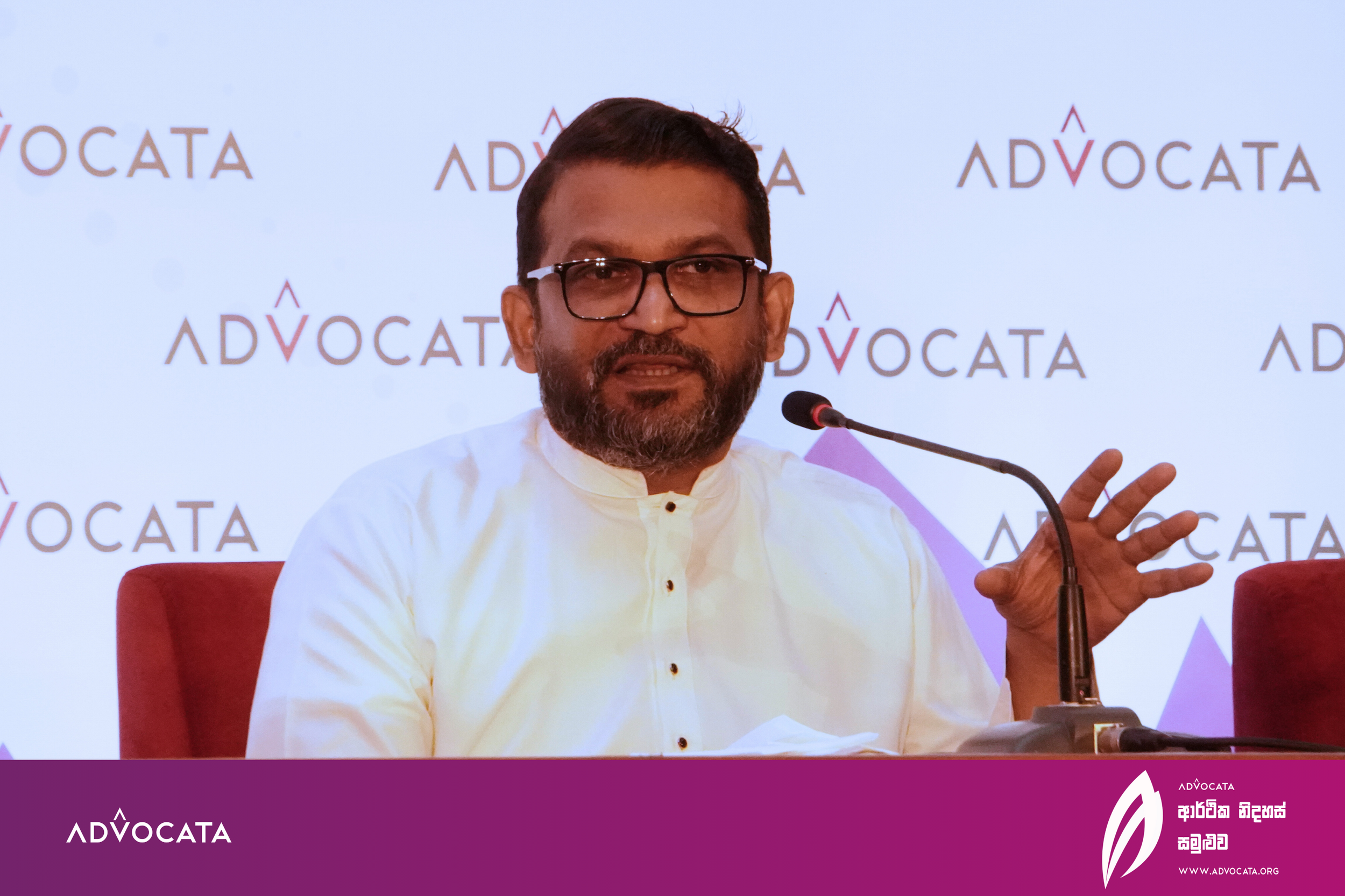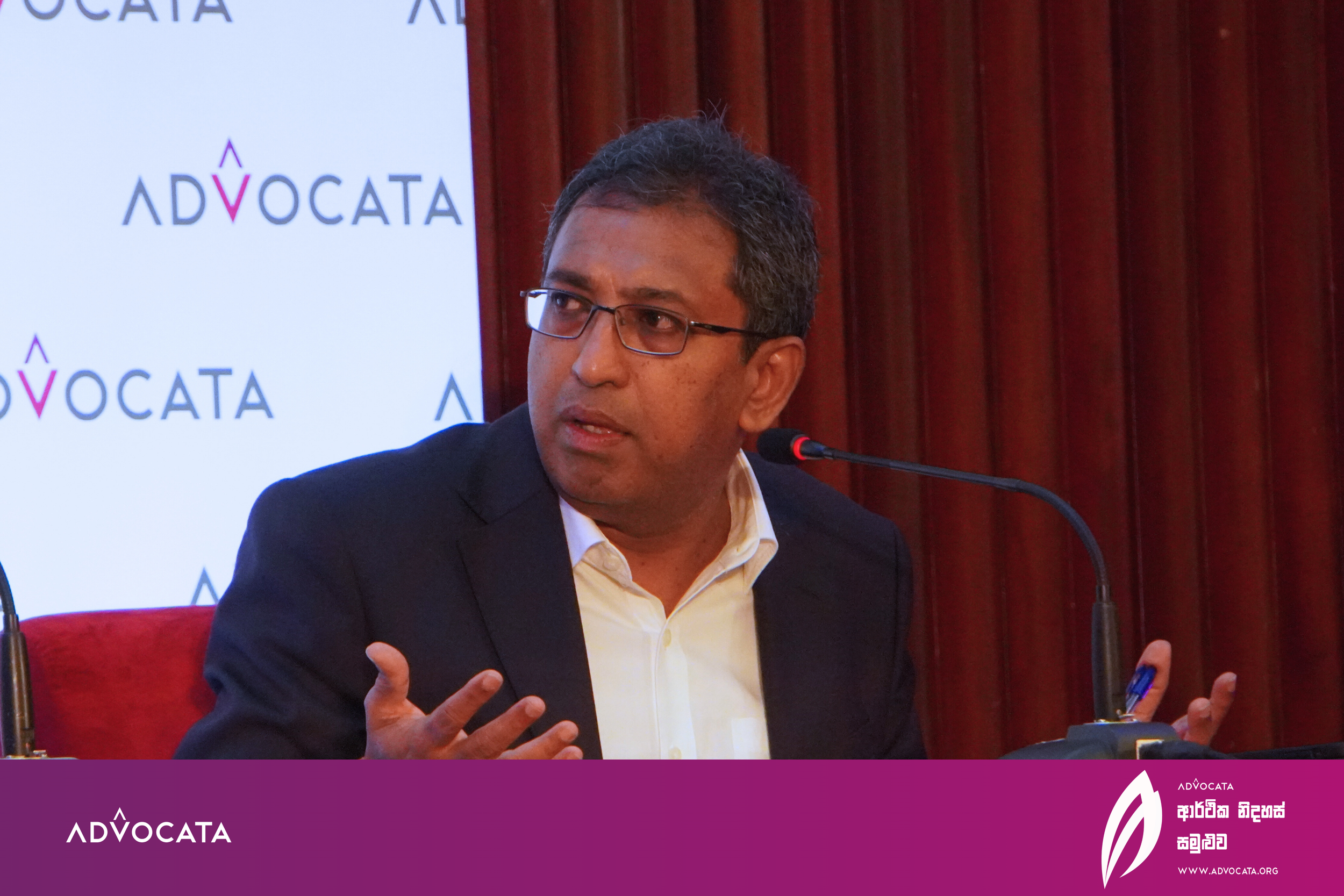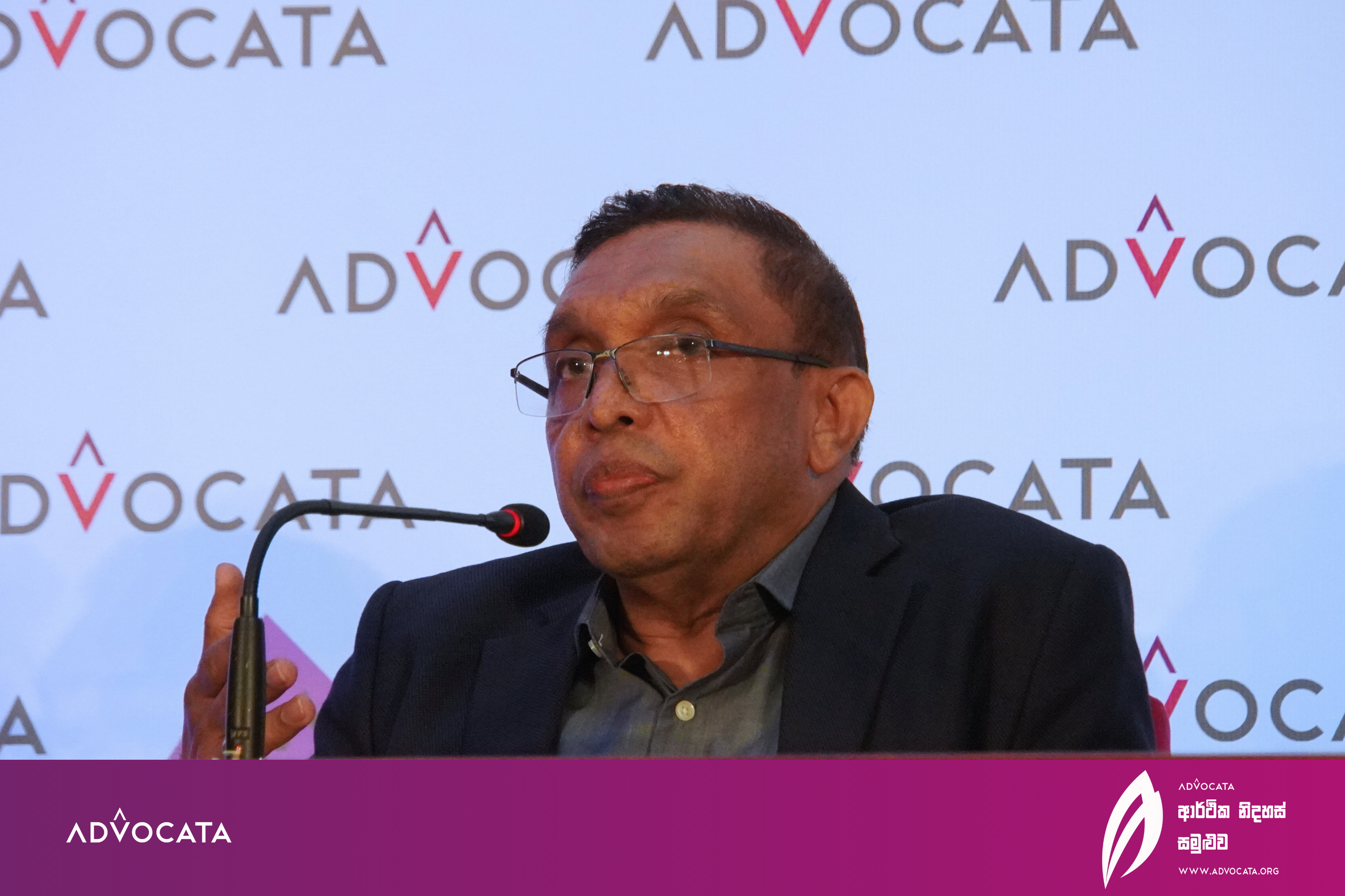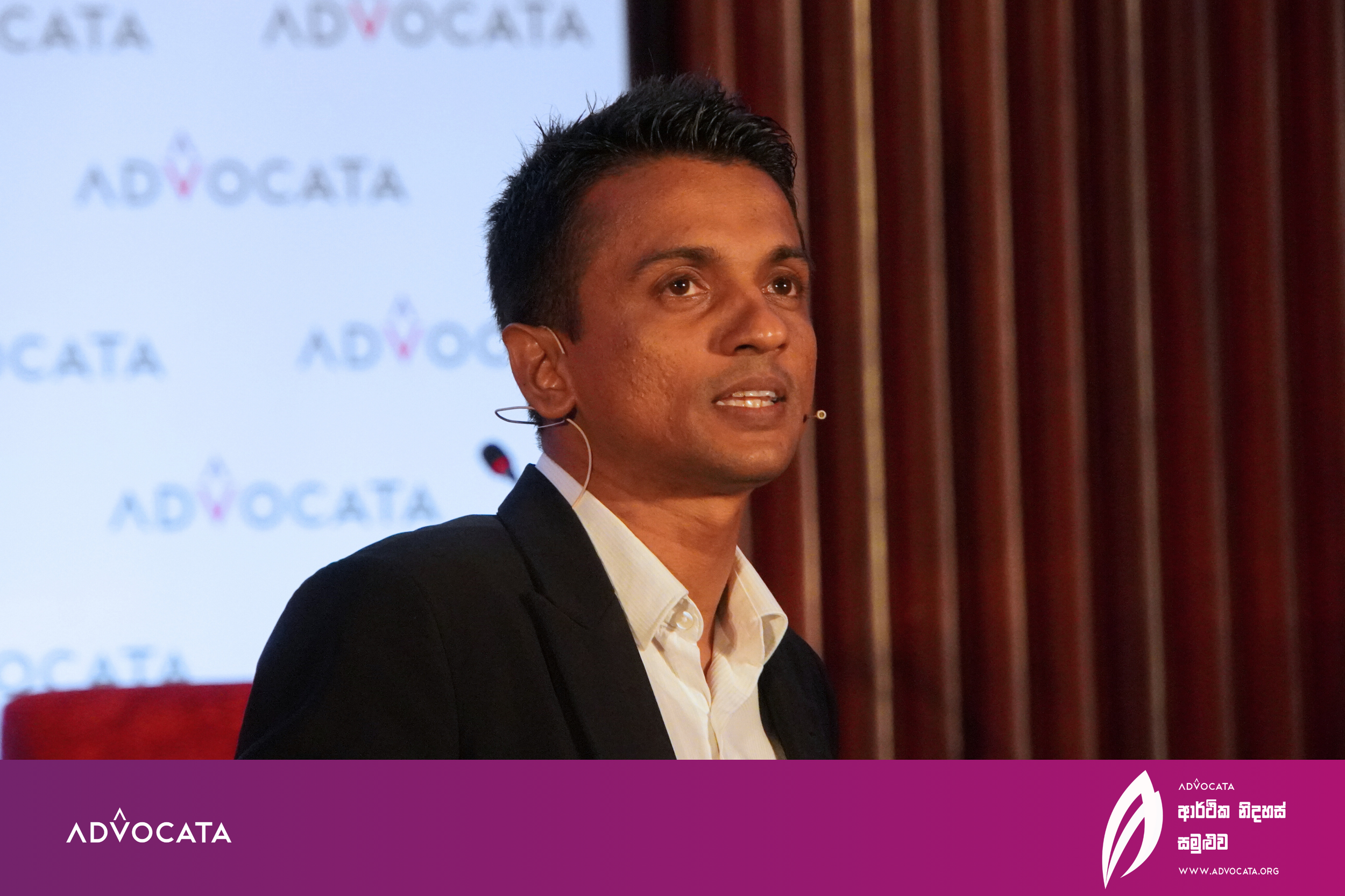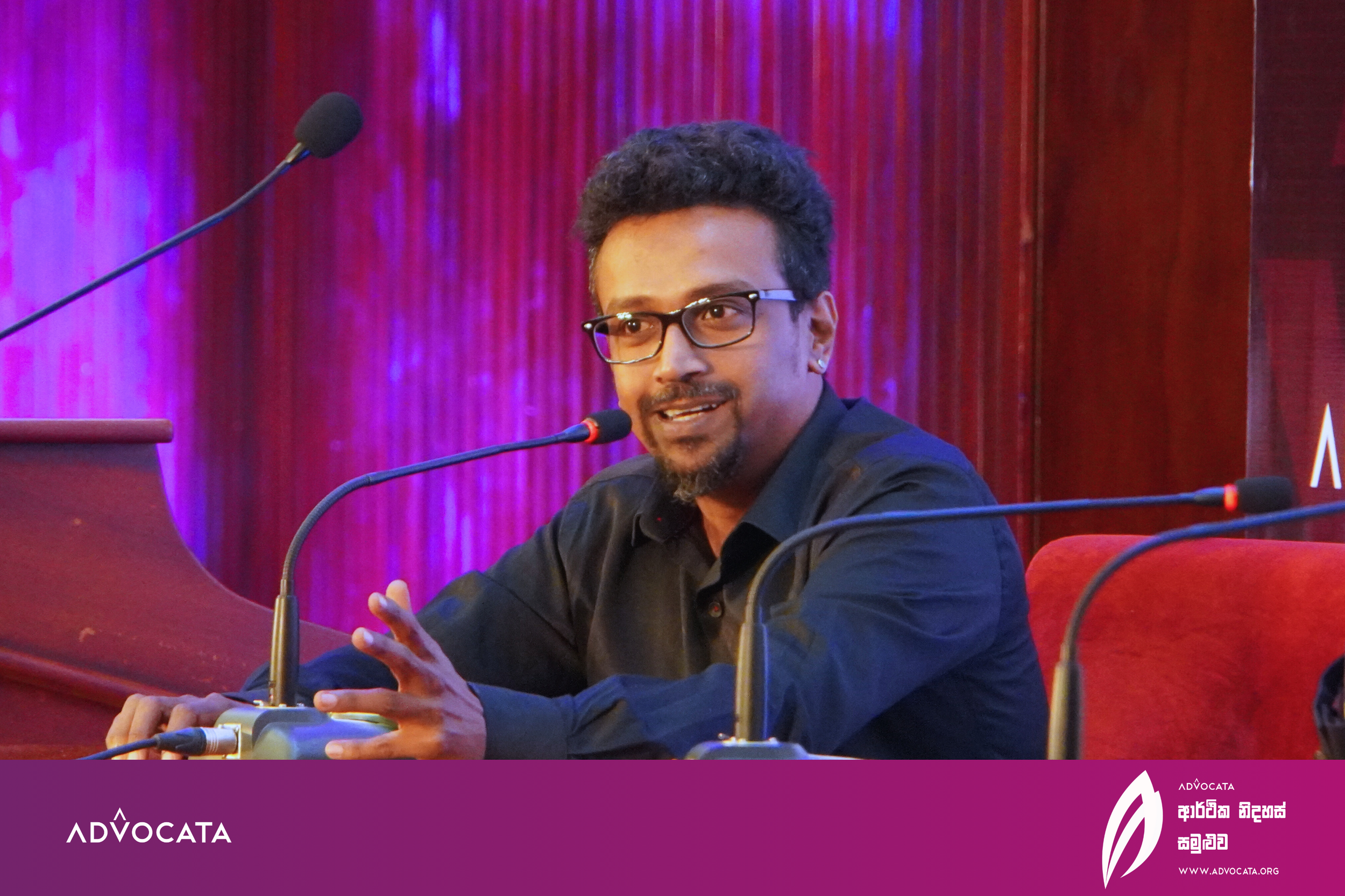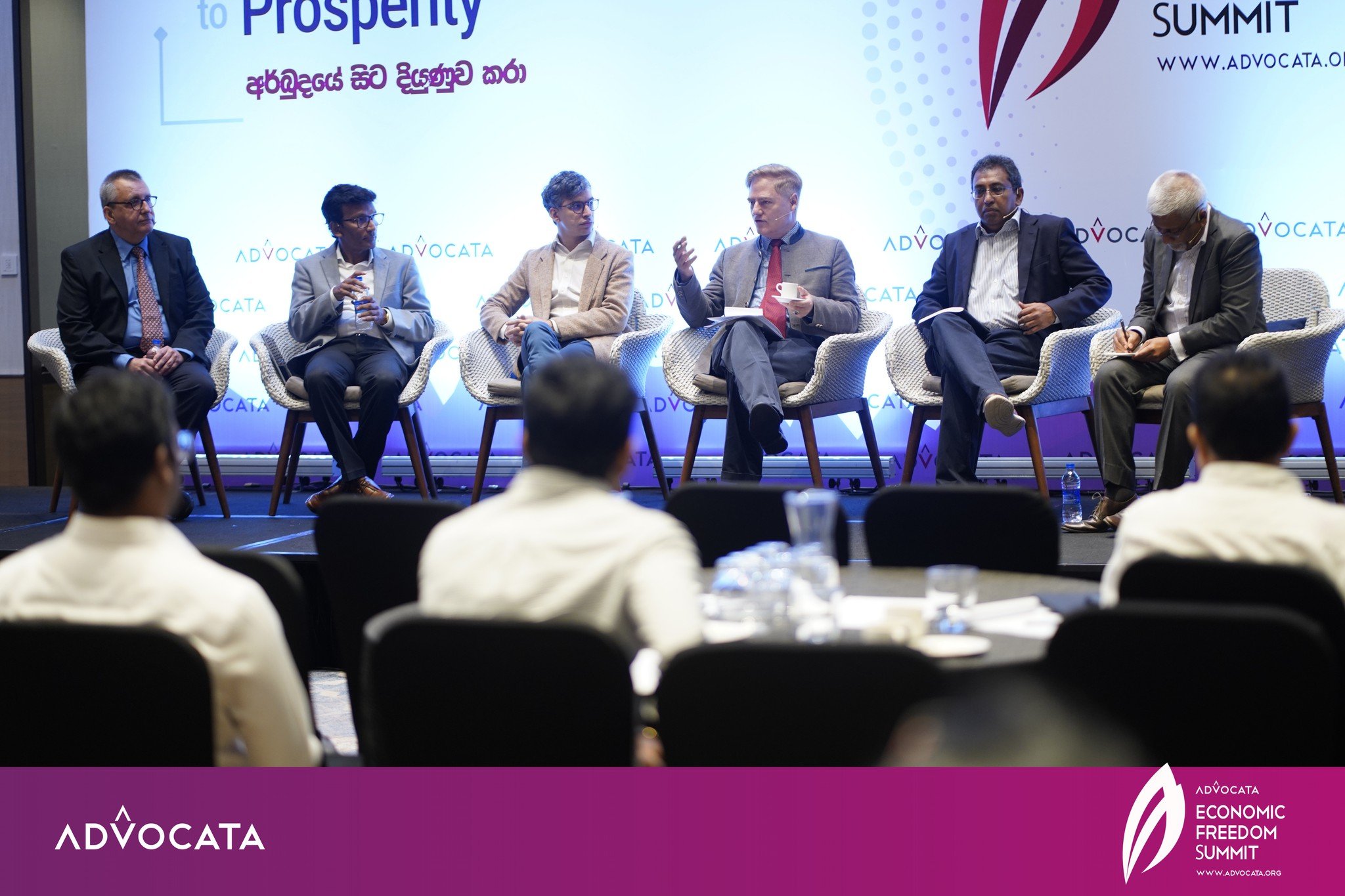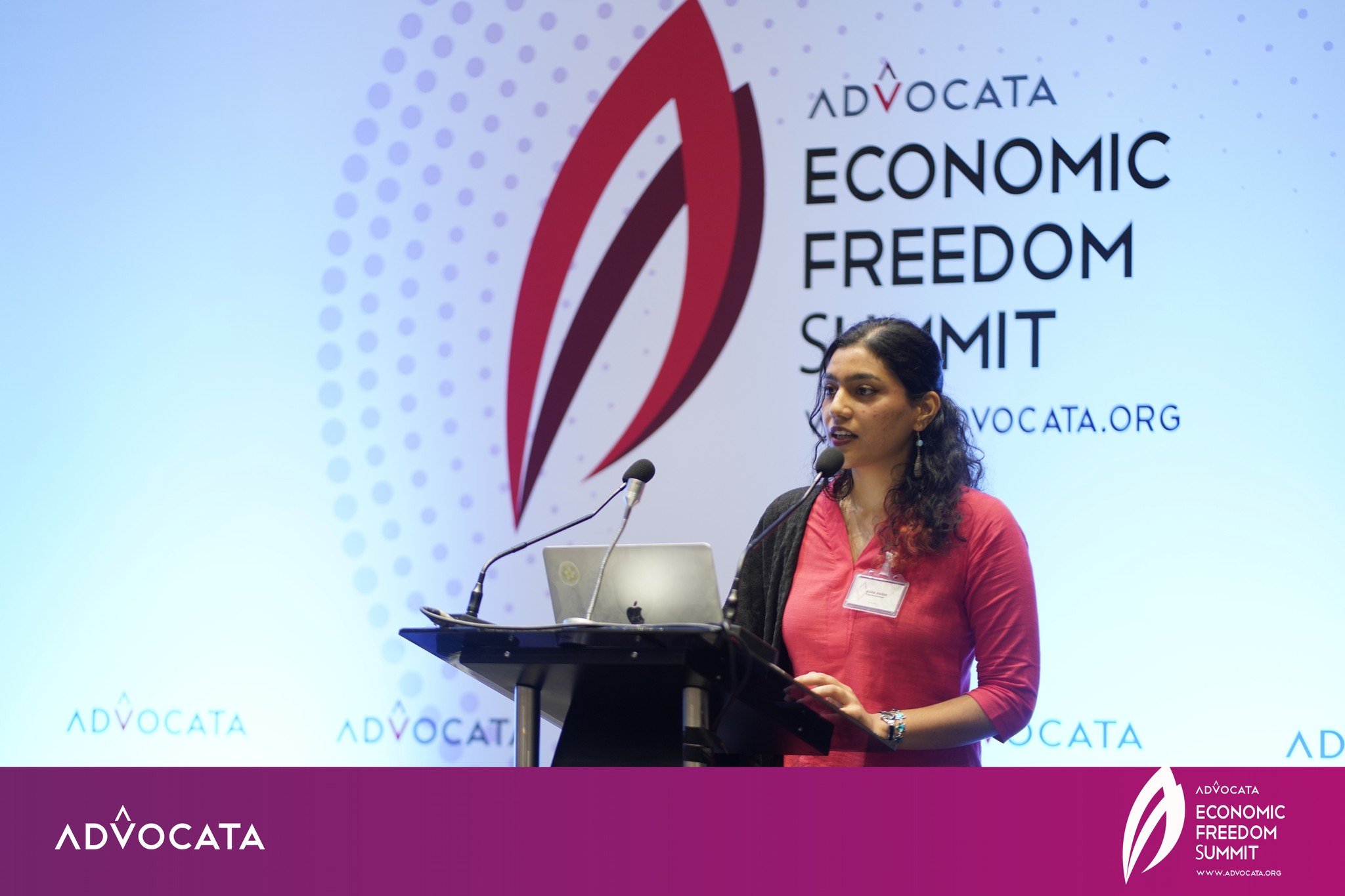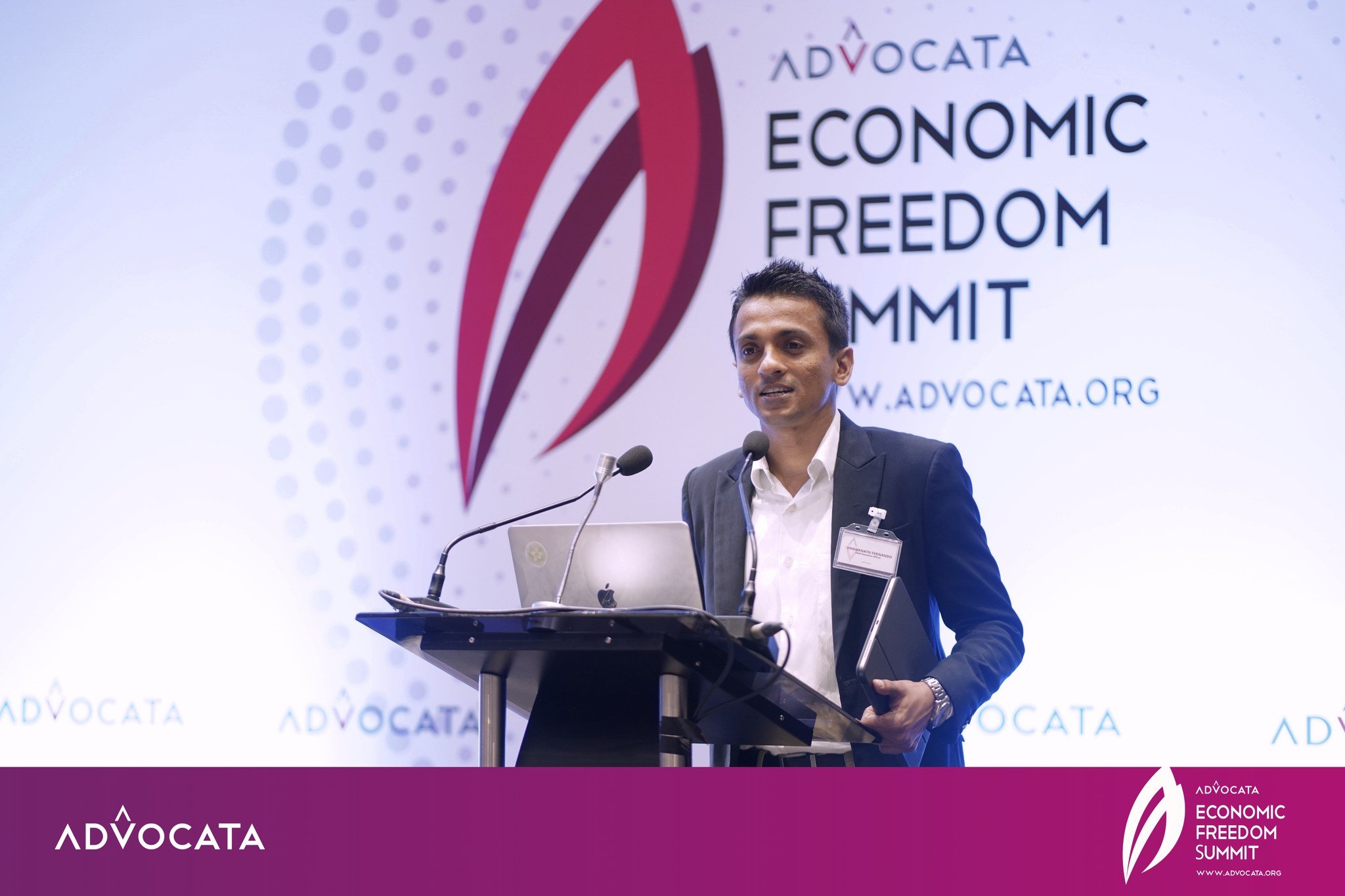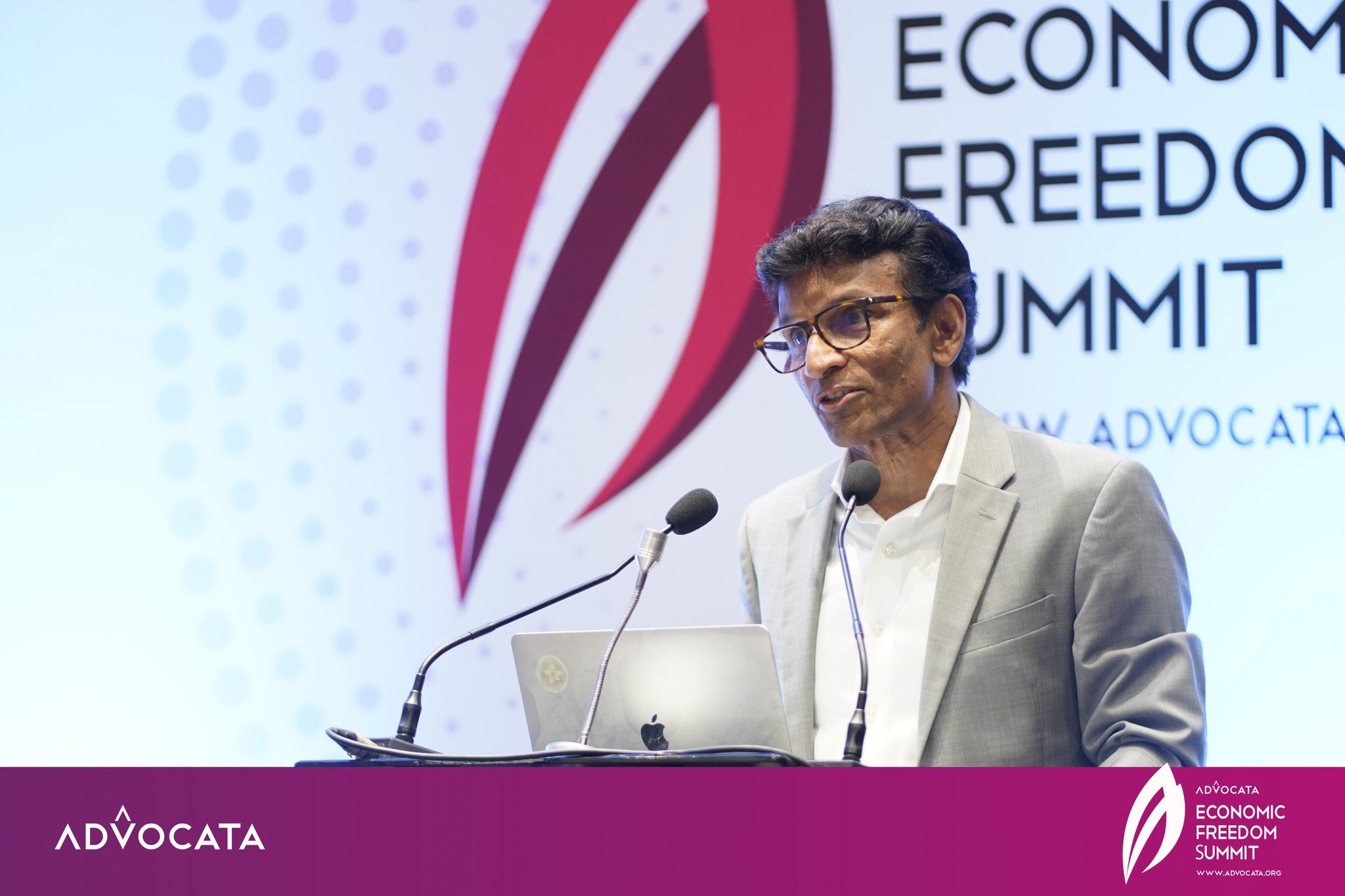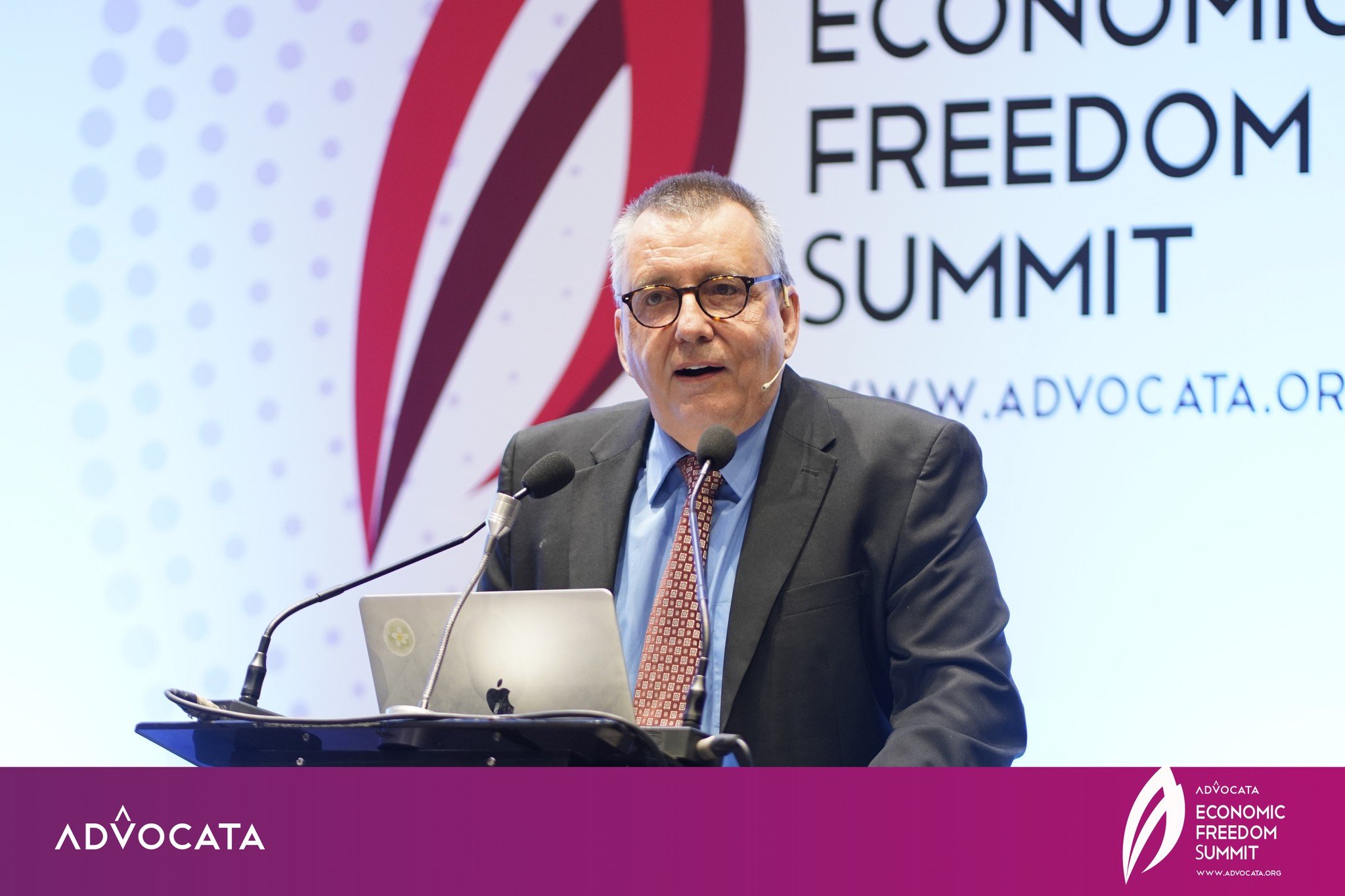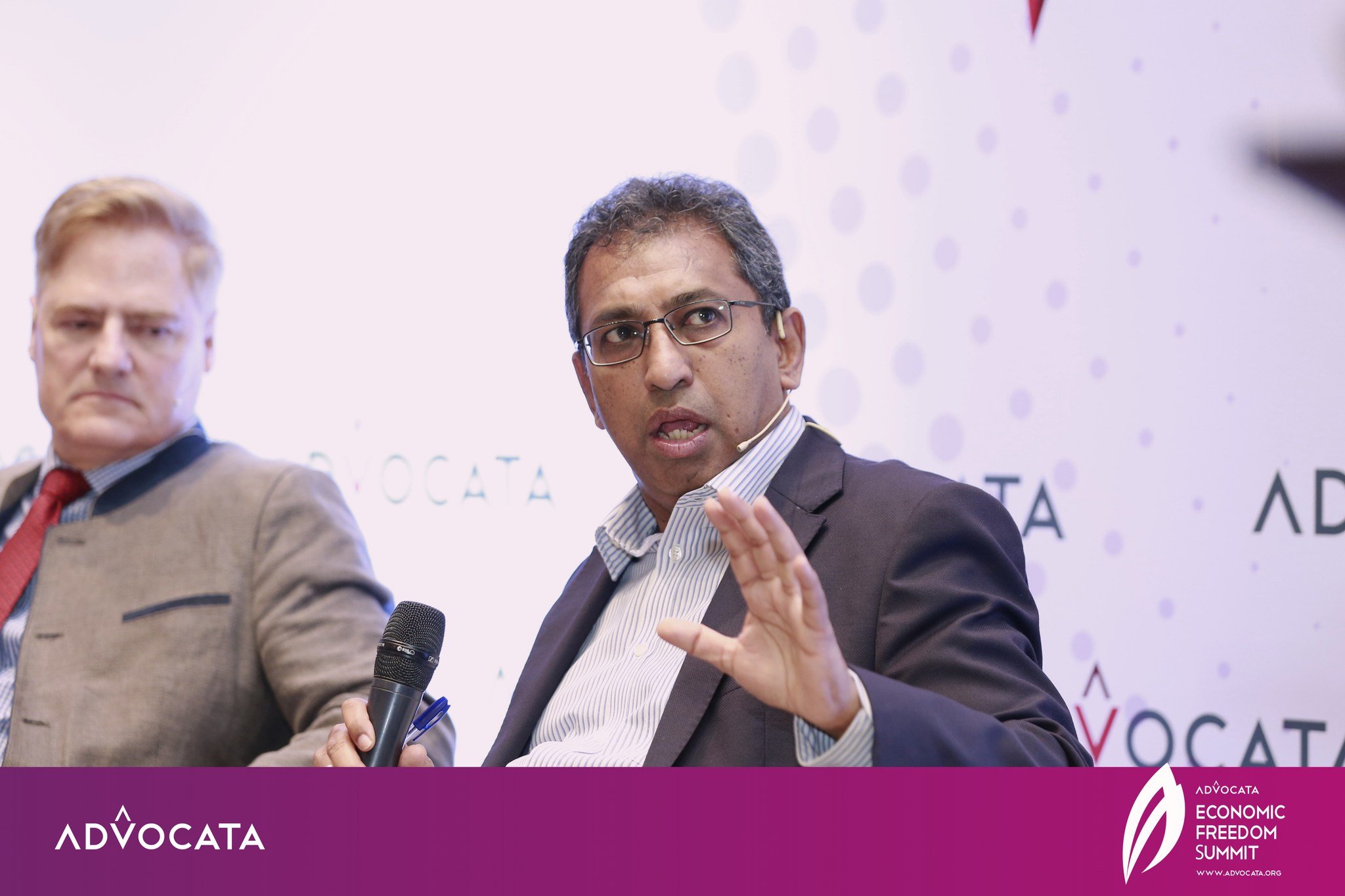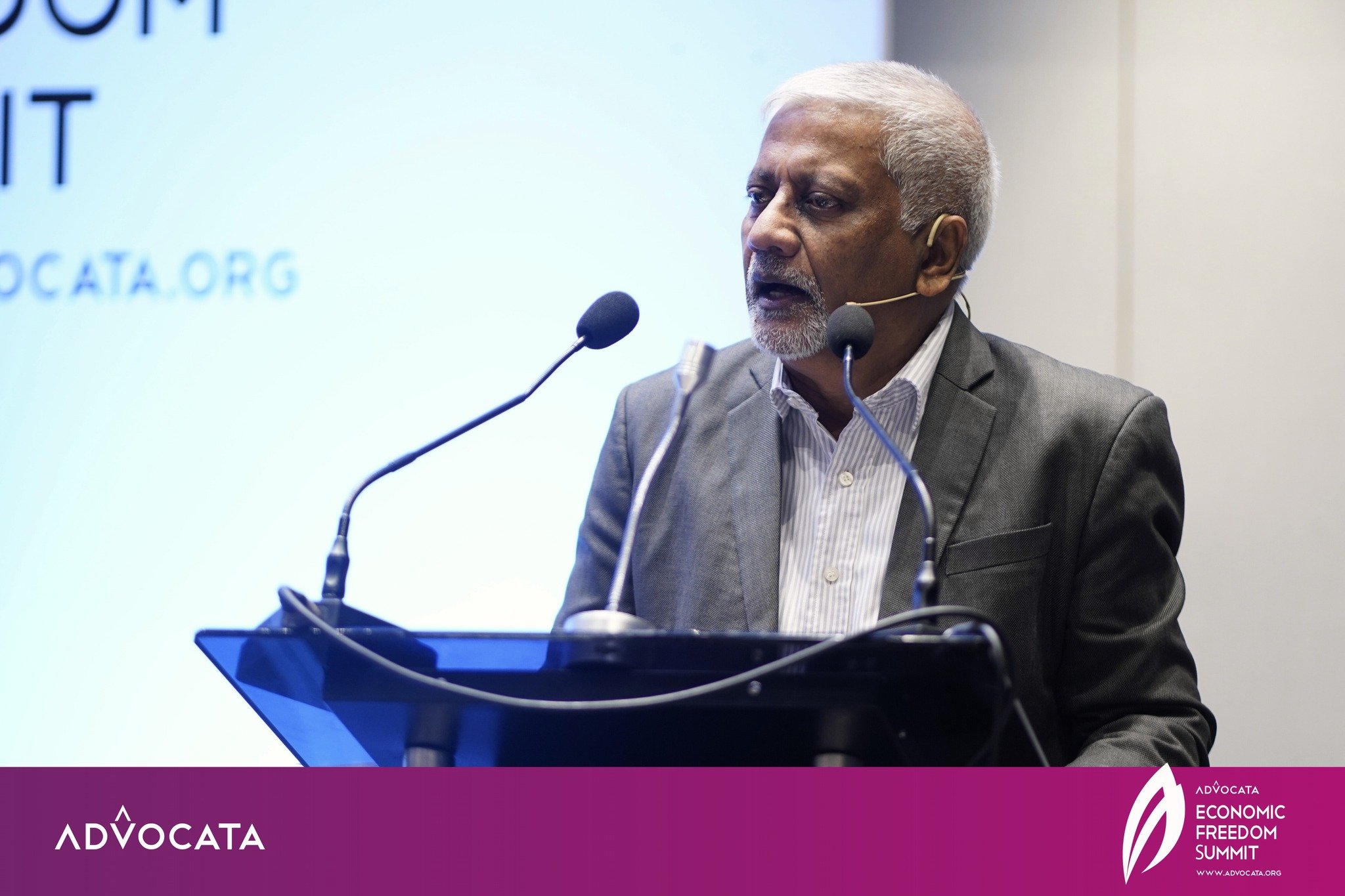Originally appeared on Daily FT, Lanka Business Online
The soft pedaling by the government to carry out crucial reforms of State Owned Enterprises is forcing taxpayer’s wallets to take the brunt of the hit, says Colombo based think tank, Advocata Institute.
Dhananath Fernando, the Chief Executive Officer of the Advocata Institute said, taking into account the upcoming election cycle, the Advocata Institute, urged the need to reform State Owned (SOE) Enterprises. Here it was said that irrespective of the government that comes into power, SOE reforms must continue.
The cumulative losses of key 52 SOE’s in 2022 amounted to LKR 744.6Bn, costing LKR 1.7Mn per registered taxpayer, LKR 33,949 per citizen and LKR 141,809 per household. Despite the sharp increase in tax collection, estimates of tax collection for 2024 cannot cover the losses incurred by these 52 SOE’s for the year 2022.
“The delay in restructuring is impacting ordinary Sri Lankans the most and the longer it takes and it’s going to make it worse for Sri Lankan citizens and taxpayers irrespective of who comes to power in the upcoming polls,” Fernando said. “There's a 1 in 3 who don’t make 30,000 rupees per month in Sri Lanka hence putting more burden on taxpayers makes no sense.”
It was brought to attention that despite the reforms that are underway, they have been running at a snail's pace. The current rate would be “just enough” for Sri Lanka to avoid another crisis but not enough to put Sri Lanka into a trajectory to be competitive in international markets.
Among the 16 recommendations highlighted by the International Monetary Fund, SOE reforms are reiterated to be of importance. Specifically the Holding Company as well as the need to include skilled and competent members for the advisory board.
The cyclical nature of the debt of SOE’s and the domino effect it has on the fiscal deficit on the Government was described through the example of Sri Lankan Airlines. The possibility of a second round of debt restructuring owing to an inability to deal with SOE’s and their losses was explained.
The need to divest Sri Lankan Airlines through transparent bidding process was implored as allowing this process to be politicized would lead to a zero sum game at the cost of the taxpayer.
Dhananath Fernando, CEO of the Advocata Institute, reiterated the nature of SOE’s being utilized as vehicles for corruption in light of the lack of transparency with regard to financial reports. Here he identified that only a mere 52 SOE’s have released their financial reports to the public. He noted that revenue from income tax barely covers the losses established by the SOE’s.
The losses sustained by Sri Lanka Airlines and the government expenditure on Samurdhi benefits was compared to conceptualize the enormous opportunity cost the people of Sri Lanka are subjected to.
Rehana Thowfeek, Research Consultant, Advocata Institute, expressed that the intervention of the State into markets has had a negative impact on consumer welfare. The cost of the inefficiencies are borne by the taxpayer to fill the pockets of politicians. Updates regarding the current reforms that are underway were highlighted; passing of SOE Reforms Act and a new Banking Act, the setting up of the SOERU (State Owned Enterprise Restructuring Unit) and the mandate of the Holding Company.
“So far SOE’s have served the employees and the politicians and not for the ordinary citizens of Sri Lanka,” Rehana Thowfeek said. “We are nearing two years to the default but the needle of reform hasn’t moved.”
The constant delays during the reforms process, in situations like Sri Lankan Airlines where the deadline for bids has been pushed back several times already only costs the taxpayer more money, said Shihar Aneez, an independent financial journalist.
Last week, the treasury absorbed USD 510Mn of accumulated debt owed to the state banks which is an additional burden of approximately LKR 347,000 per taxpayer and approximately LKR 98,000 per Sri Lankan household. Aneez further said SOE’s are used as a vehicle for corruption, especially during elections.
“SOE assets are primarily used for election purposes by politicians as SOE's are a popular destination to create jobs while running billions in losses, which taxpayers have to stomach,” Aneez said.







































